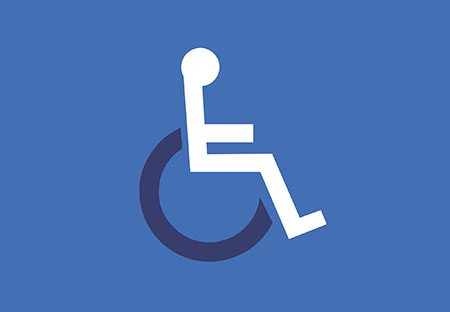

The CMS Office of Minority Health released the CMS Framework for Health Equity to address health disparities as a foundational element across all our work — in every program and across every community. Using five priority areas, CMS will use this framework to design, implement, and operationalize policies and programs to support health for all people served by our programs, eliminating avoidable differences in health outcomes experienced by people who are disadvantaged or underserved, and providing the care and support that our enrollees need to thrive.
These priorities will inform CMS’s efforts for the next ten years and how the Agency may operationalize each priority to achieve health equity and eliminate disparities. Each priority area reflects a key area in which CMS stakeholders from communities that are underserved and disadvantaged express that CMS action is needed and critical to advancing health equity. Together, the five priorities provide an integrated approach to build health equity into existing and new efforts by CMS and our stakeholders.

CMS strives to improve our collection and use of comprehensive, interoperable, standardized individual-level demographic and social determinants of health (SDOH) data, including race, ethnicity, language, gender identity, sex, sexual orientation, disability status, and SDOH. By increasing our understanding of the needs of those we serve, including social risk factors and changes in communities’ needs over time, CMS can leverage quality improvement and other tools to ensure all individuals have access to equitable care and coverage.

CMS is committed to move beyond observation and into action, assessing our programs and policies for unintended consequences and making concrete, actionable decisions about our policies, investments, and resource allocations. Our goals are to explicitly measure the impact of our policies on health equity, to develop sustainable solutions that close gaps in health and health care access, quality, and outcomes and to invest in solutions that address health disparities.

CMS has a commitment to support health care providers, plans, and other organizations who ensure individuals and families receive the highest quality care and services. Health care professionals, particularly those serving minority and underserved communities, have a direct link to individuals and families and can address disparities at the point of care. CMS policy, program, and resource allocation decisions must build capacity among providers, plans, and other organizations to enable stakeholders to meet the needs of the communities they serve.

CMS must ensure that all individuals we serve, including members of communities that are underserved, can equitably access all CMS benefits, services and other supports, and coverage. Language access, health literacy, and the provision of culturally tailored services play a critical role in health care quality, patient safety and experience, and can impact health outcomes. CMS has opportunities across our operations, direct communication and outreach to enrollees and consumers, and guidance to plans, providers, and other partners to improve health care quality, patient safety, and the experience individuals have within the health care system.

CMS has a responsibility to ensure that individuals and families can access health care services when and where they need them, in a way that is responsive to their needs and preferences. CMS must seek direct feedback from individuals with disabilities, including physical, sensory and communication, intellectual disabilities, and other forms of disability, to understand their experiences navigating CMS-supported benefits, services, and coverage and tailor our programs and policies to ensure equitable access and quality.